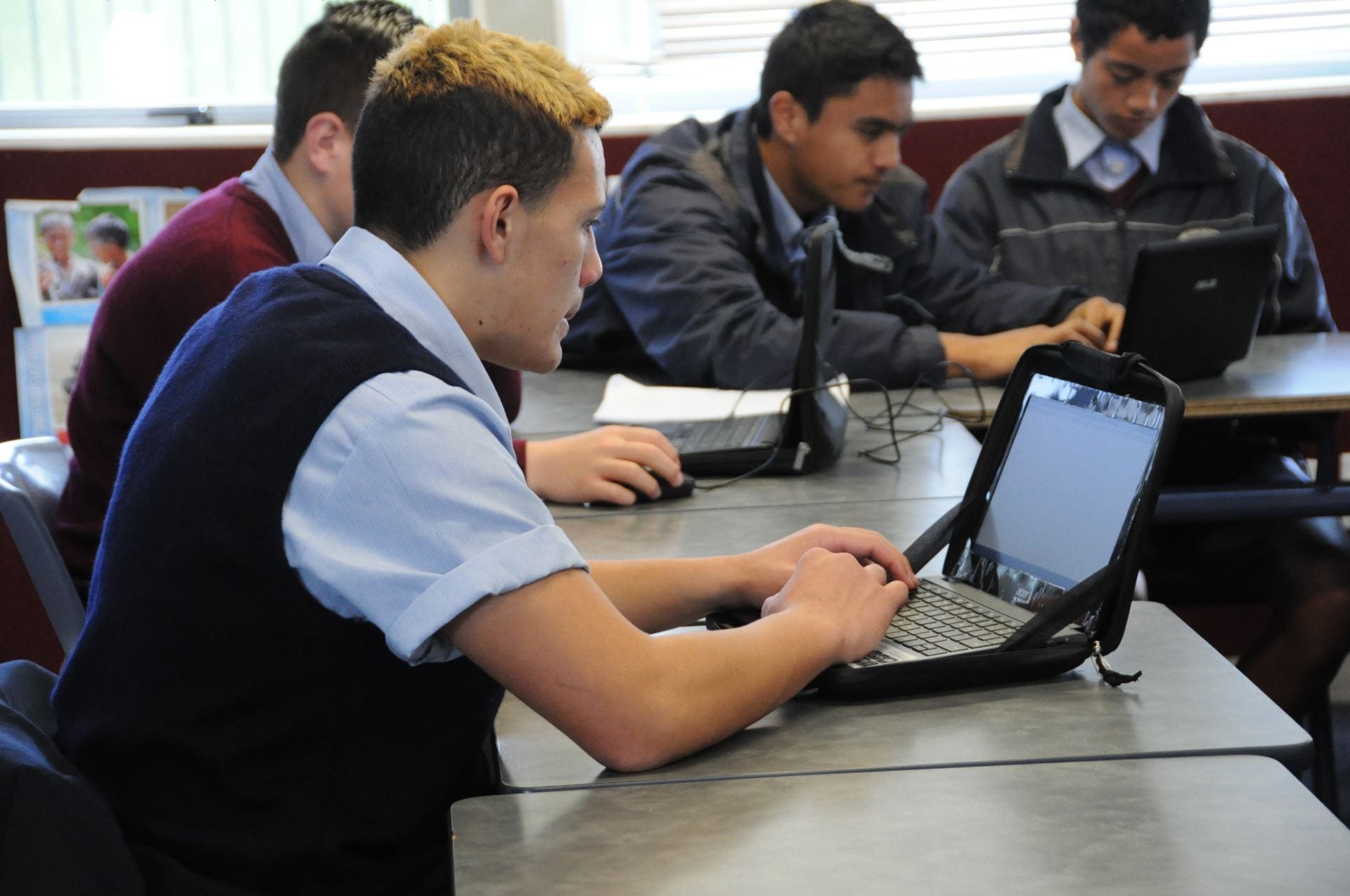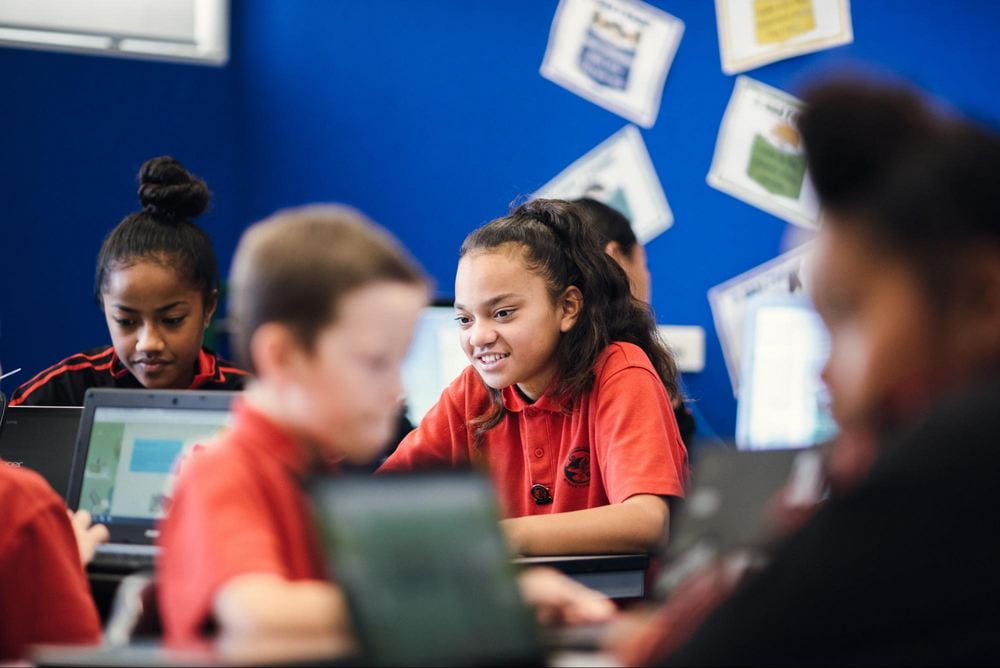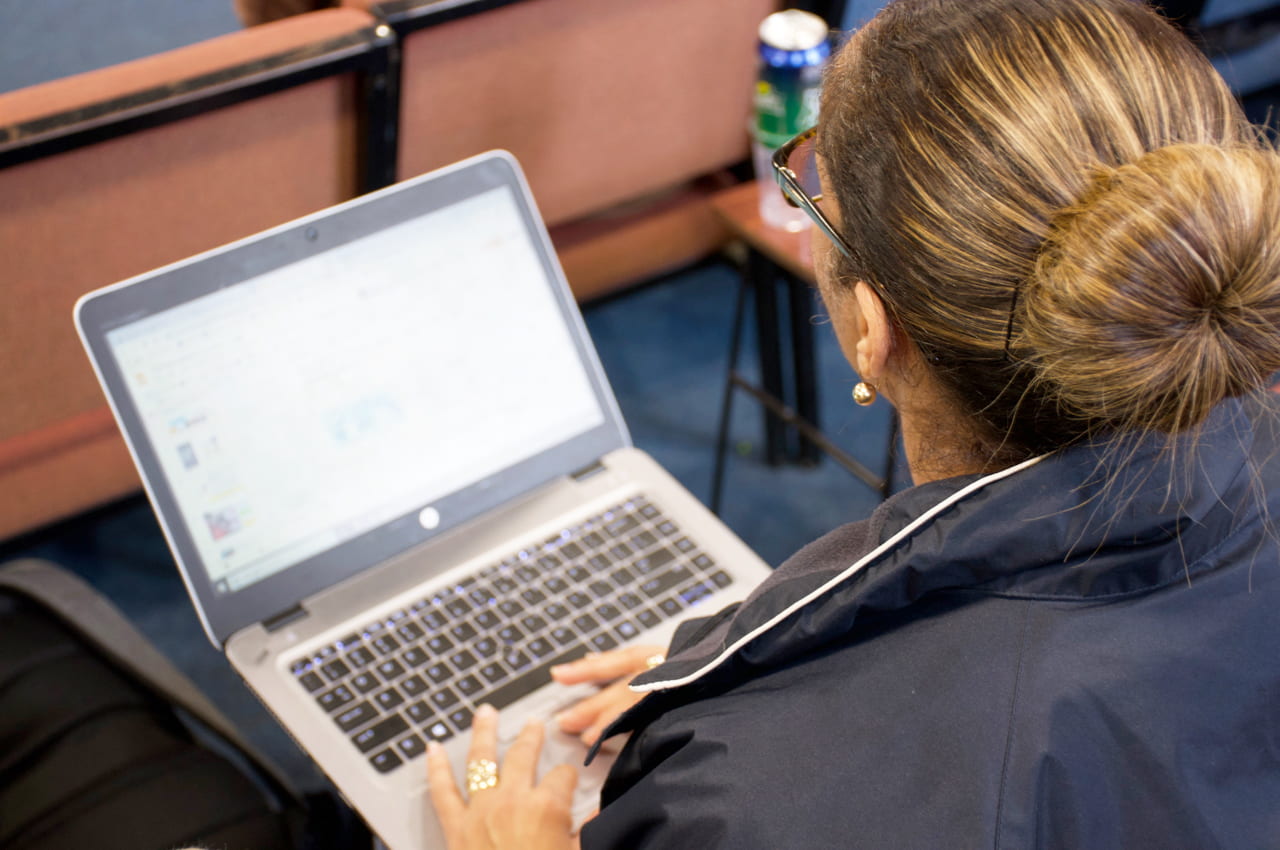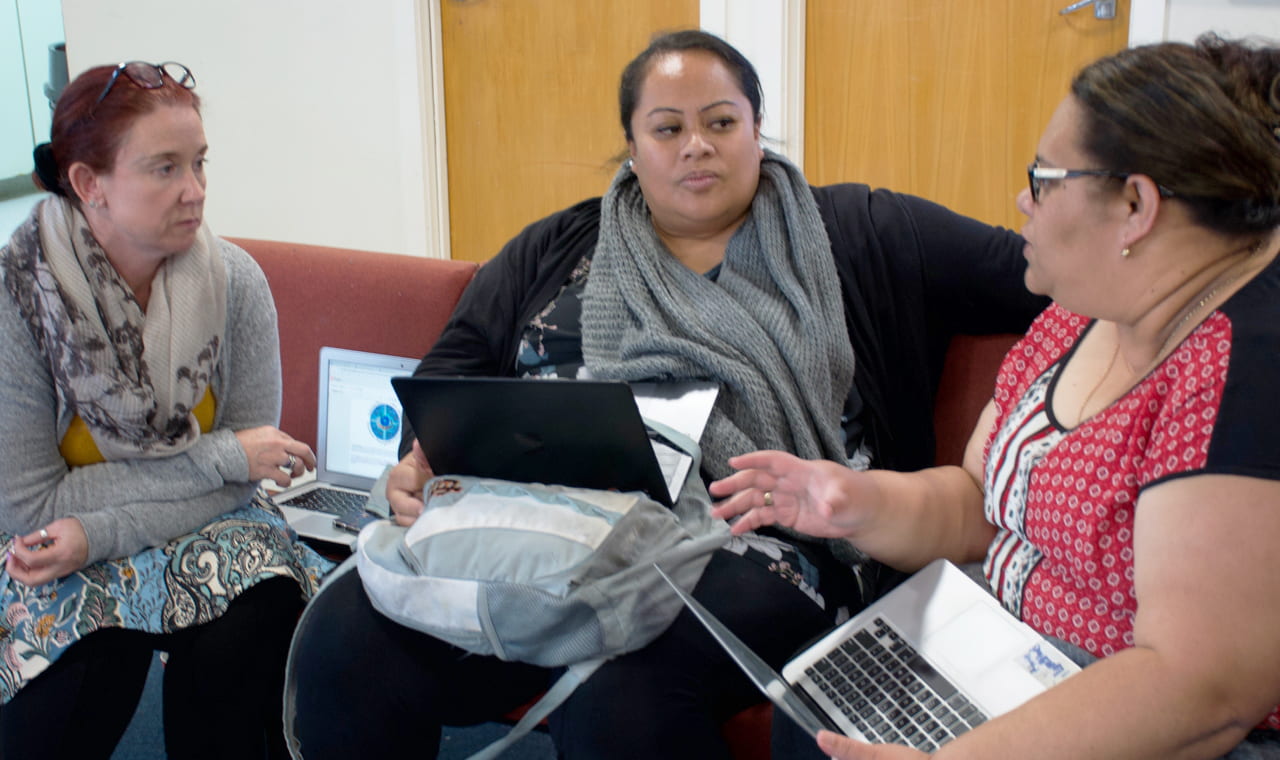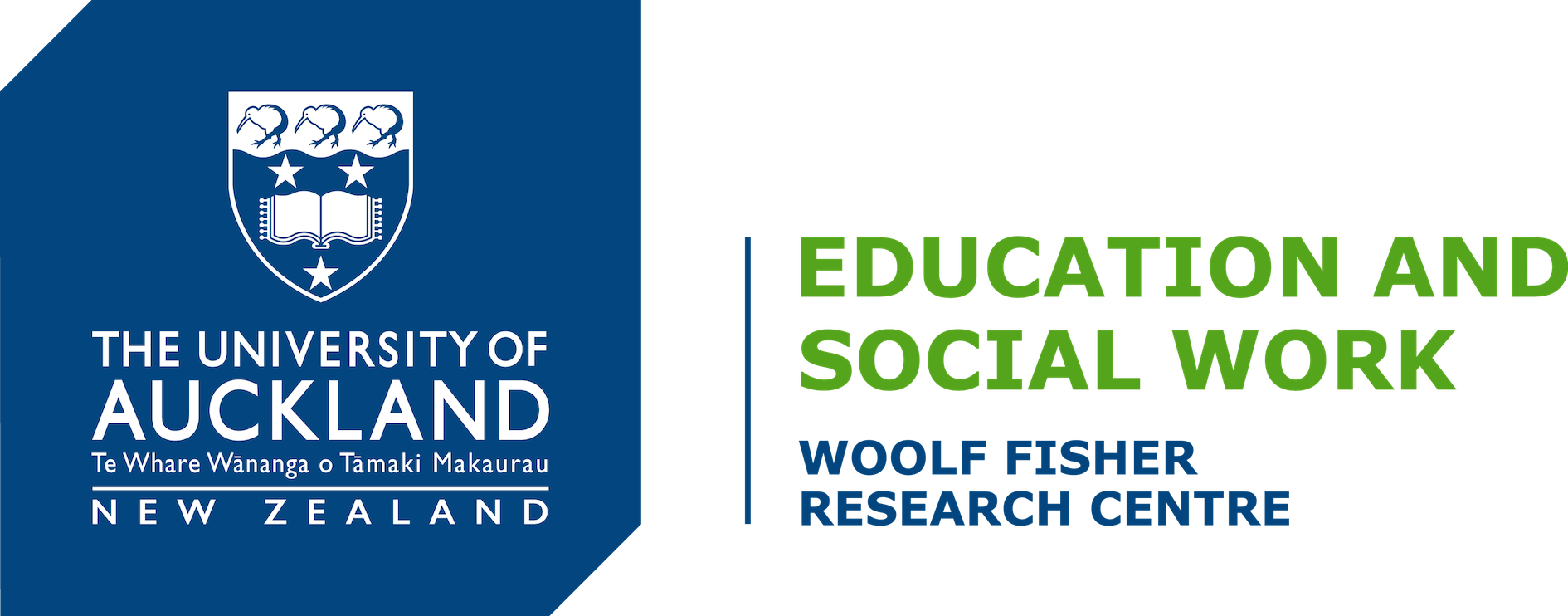Project overview
In 2012, the Manaiakalani Education Trust contracted Te Pūtahi Whakatairanga Hapori Ako Angitu Woolf Fisher Research Centre at the University of Auckland to evaluate their educational programme, which was being taught in a small number of schools in East Auckland. This website is dedicated to the multi-year study of The Manaiakalani Programme (TMP) undertaken by Te Pūtahi Whakatairanga Hapori Ako Angitu Woolf Fisher Research Centre. Over the course of the study, the academic team at the Centre are providing ongoing feedback to schools and clusters, supporting the Manaiakalani Education Trust in the formative use of research data and collective sense-making, and developing hypotheses for change.
The study has been designed to test and further replicate the functions for solving educational challenges in a digital environment, and for building new understanding in response to these challenges. Its overarching aim is to describe the conditions for acceleration of progress in relation to effective practices for instruction. The key focus and driver for the programme is equity, including access for cohorts experiencing different forms of disadvantage such as financial hardship or remote location. Additionally, there is an explicit commitment to Māori and Pasifika learners.
The project team at Te Pūtahi Whakatairanga Hapori Ako Angitu Woolf Fisher Research Centre are assessing the educationally signficiant outcomes for students and collecting data, including school measures of achievement for reading comprehension, writing, and mathematics. The research and development focus is on high-leverage contributors to student outcomes at community, school, and teacher level. School-level processes for self-improvement include data discussions and collective problem solving for valued learning outcomes.
The variability in practice across the 80+ schools taking part in the Manaiakalani educational programme is being evaluated, using analysis of variability to make judgements of what features of these practices add to student outcomes. Close analyses of the variations provide descriptions of the most effective practices, and what works for whom, under what conditions. These descriptors provide the basis for ongoing redesign and redevelopment of the Manaiakalani educational programme.
We are currently in the third iteration of the study. The first iteration began in 2012 with the Manaiakalani cluster of schools in East Auckland; the second began in 2016 and included five clusters from across New Zealand. The cluster of schools which began in 2016 is known as the Manaiakalani Outreach 1 cohort. The third and current iteration began in 2018 and includes both of the previous cohorts, as well as five further clusters of schools called Manaiakalani Outreach 2. The current iteration includes the original Manaiakalani schools, Manaiakalani Outreach 1, and Manaiakalani Outreach 2. For more information about The Manaiakalani Programme and the Manaiakalani Education Trust, please visit their website.
